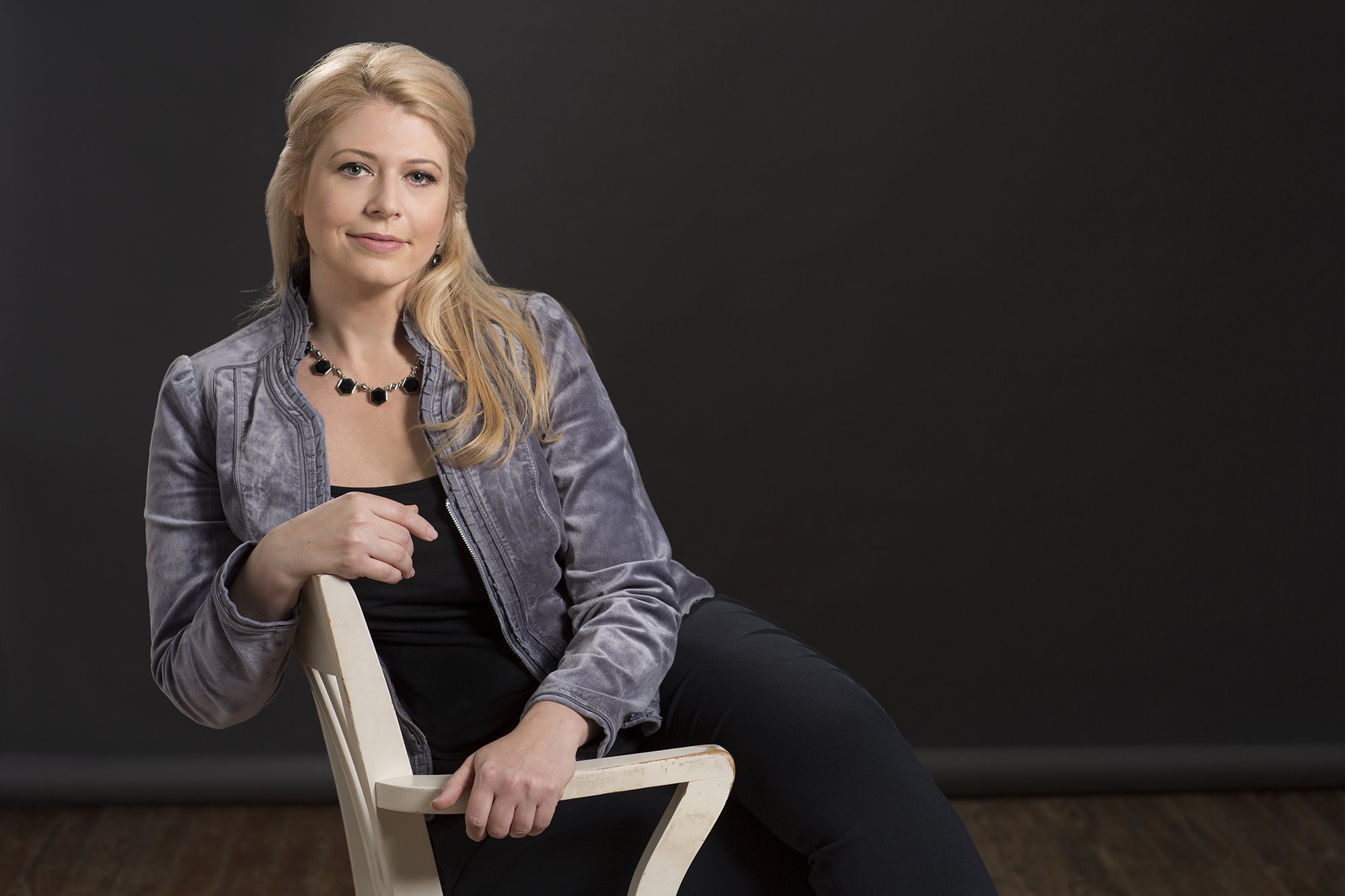Leslie Fabian met her spouse in 1987: a cross-dresser named David. Throughout twenty years of marriage, David was assumed to be a man who occasionally wore women’s clothing and identified with the female persona of “Deborah” until finally, Deborah decided to transition and live as a full-time woman. Before transitioning, Deborah always said she would have loved to live as a woman if “it were possible.” The fears that came along with transitioning such as losing her job, or even her wife, prevented Deborah for believing that living life as a woman full-time was a possibility. With the support of Leslie, Deborah made her transition a reality.
I had asked Leslie if her work as a psychotherapist gave her the open mind she clearly possesses, and she told me that it was actually her early life that gave her the strength and liberal-mindedness that allows her to both understand and accept Deborah. Leslie revealed to me that her mother was diagnosed with polio in 1952 and was put into a wheelchair; therefore her mother’s illness was the first event that ensured Leslie would live a nonconventional life. She observed her father devote a great deal of energy and support to her mother, which taught Leslie the importance of sacrifice and dedication for the sake of love, which has carried out into her relationship with Deborah.
In addition to her mother’s illness, Leslie Fabian also disclosed that two of her siblings committed suicide at the ages of twenty-two and thirty-nine. These tragedies showed Leslie what happened when people were unable to find happiness and, as a result, she did not want to prevent Deborah (David at the time) from doing what made her happy. Despite Deborah’s promise to not transition if it meant losing her spouse, Leslie insisted on the transition because she knew that in Deborah’s case, living as a woman would make her truly happy. Prior to Deborah’s transition, Leslie witnessed her grief that came once she removed her female clothing in order to play the role as David in the outside world. This grief proved to Leslie that a transition was necessary to maintain Deborah’s happiness.
When I asked Leslie to share with me the most difficult aspect of having her spouse transition, she described how their intimacy was affected. She spoke to me about how she had always been sexually free spirited, but she discovered frustration during sex with her spouse because even before the transition, she always had to have sex with Deborah rather than David. Therefore, she struggled with a one-sidedness that made its way into the bedroom that both forced Leslie to remind her spouse that there were things she wanted as well, and proved that Deborah wanted to be Deborah outside of the bedroom as well. Ultimately, Leslie Fabian felt challenged in having to give up her heterosexual desire for having her male sexual partner. However, the difficulty of their intimacy was not a deal breaker. Instead, they have both learned how to cope with the sexual side of their relationship in order to remain fully devoted to one another. While they tend to stray away from affection in public, Leslie says that she is content without being sexual because she and Deborah find their happiness in being best friends who are able to share everything together.
Another difficulty Leslie described was the fact that Deborah wasn’t the only one who had to transition; while her spouse transitioned, Leslie underwent a personal transition of her own. She now understands what it is like to be in a lesbian couple because although she personally remains heterosexual, the public views her as part of a homosexual relationship when she is with Deborah. Now she and Deborah are faced with questions and people constantly wondering about their situation. They have both had to learn how to cope with such questions, along with inevitable stares that come with being a “lesbian couple.”
The final element of Leslie Fabian’s transition was the loss of the vision she had for herself and what she saw for herself. She always envisioned being in a heterosexual relationship in which she was “with a man that she adored.” While Deborah was finally becoming the woman she knew she was, Leslie was losing the relationship that she had always wanted. Leslie, therefore, preached the importance of complete respect; she believes that you should always “find a way to be respectful of the dignity of other human beings.” This respect means calling someone what he/she/they/etc. would like to be called, while it also means that there needs to be equal respect for those who are close to the individual transitioning. Her relationship with Deborah is successful because Leslie respects Deborah’s decision to transition, while Deborah respects all that Leslie has given up.


































